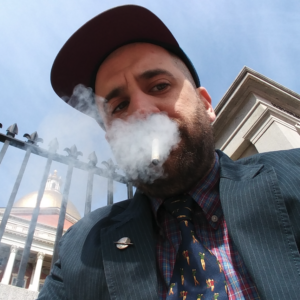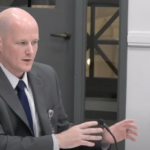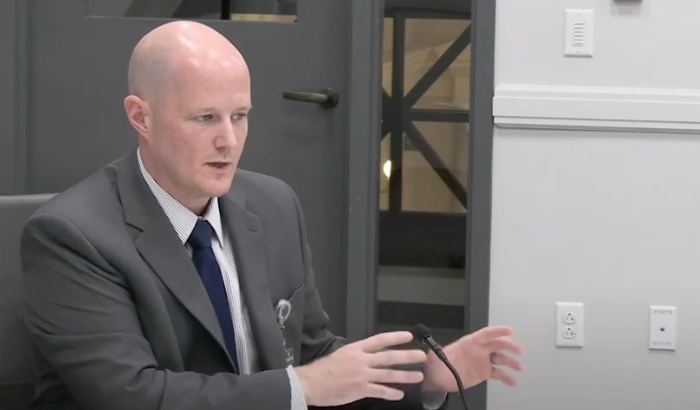
And how the budding story connects to last week’s “inadvertent records release”
As readers of Talking Joints Memo may have seen, last week the Massachusetts Cannabis Control Commission sent out a mass email “to make [people] aware of an inadvertent release of agency documents that may have contained [their] name, residential address, email address, phone number, and/or date of birth.”
As they explained it, “While the information disclosed is in fact a public record that may otherwise be available for distribution in response to a public records request, its disclosure in this event was indeed inadvertent. On March 8, 2023, the Commission fulfilled a Public Records Request and, as part of that production, released documents, which included the following fields: Names, Residential Addresses, Phone Numbers, Email Addresses, Dates of Birth.”
Furthermore, the CCC said “the release did not involve Social Security numbers, driver’s license information, or financial account details for any members of the public. Generally, the information pertained to former and current Marijuana Establishment and Medical Marijuana Treatment Center Agents.”
Meanwhile, as reporter Grant Smith Ellis wrote for TJM partner DigBoston in January, the Mass patient advocate and blogger has been looking into Curaleaf, a multi-state cannabis operator with more than 100 dispensaries in 18 states including Mass, which in late December the national site ForensicNews revealed owes hundreds of millions of dollars to offshore firms linked to sanctioned Russian oligarch and Putin-confidant Roman Abramovich. Smith Ellis wrote: “Those ties could spur multiple investigations, in particular if the firm failed to properly disclose them to regulators here and in other states which require any such relationships to be disclosed on license applications.”
At the time, a CCC spokesperson did not respond to a request for comment about whether the state is investigating Curaleaf’s ties to Abramovich, while Curaleaf released a statement to ForensicNews about the situation conceding that it borrowed millions of dollars from the company Meliastove, but disputing the amount reported and stating that the lender is no longer owned by Abramovich. According to a spokesperson, “Curaleaf has always complied with applicable disclosure and transparency with regard to our financial reporting.”
Nevertheless, in the months that followed, Smith Ellis, reporting with Eric Casey for the Burn After Reading newsletter, obtained emails via public information requests that showed Mass commissioners discussing ties between the oligarch and Curaleaf, while regulators in this state as well as Vermont and Connecticut publicly confirmed that they are investigating the matter. All this as Curaleaf pulled out of the Colorado, Oregon, and California markets in February.
And then today, GBH reporter Tori Bedford helped tie some of this together. In an article titled “Cannabis regulators putting out ‘a series of fires’ involving a Russian oligarch and data breach,” Bedford wrote of last week’s email that while “the state email provided little context for the leak, sparking panic and confusion across online message boards and the local cannabis community,” “cannabis workers say they didn’t know what the breach meant for their safety,” or that “the leak leads back to an investigation into a Russian oligarch and a Belmont-based blogger now hiding in a safe house.”
Whoa. And yes, that blogger is Smith Ellis. TheGBH story continued:
In response to a public records request, Smith Ellis received the internal communications and a trove of other confidential information—some 17,000 rows of cannabis employees’ personal data—due to an error made by the commission. The personal data never went public and his blog post only published details relating to the internal communications between commissioners regarding the Curaleaf investigation.
Two days later, Smith Ellis got an urgent call from officials at the commission, the state’s 100-person cannabis regulatory agency, asking him to remove parts of the post due to “safety concerns.”
“The tone was panic and terror,” Smith Ellis told GBH News. “They asked me to take the story down due to safety concerns … they basically said that leaving this information up could put people at risk.”
Needless to say, this story is still developing. Follow Smith Ellis here, read the GBH article here, and check in with Casey’s Burn After Reading on Friday for his update.
























